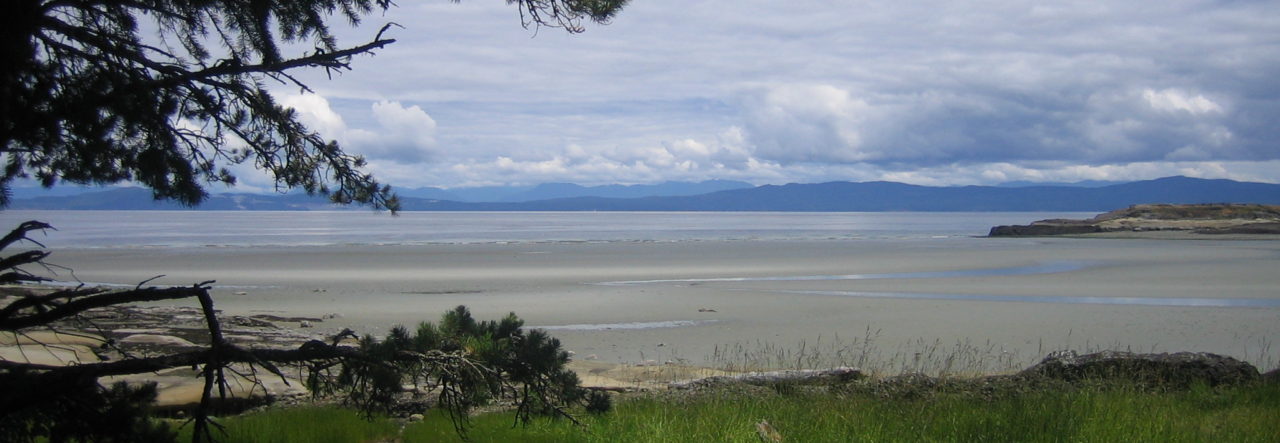This afternoon I swore I felt a small earthquake. Nothing big. Almost like a door slammed in the wind and then a tiny bit of shaking. I checked online and I was right!
Living on Vancouver Island is different from elsewhere in Canada – not only for the lack of major snowfall. We are perched at the edge of a small tectonic plate, and we are overdue for a “1 in 500 year” quake. You know, the type that caused a tsunami in Japan about 300 years ago. We are ALSO overdue for a “1 in 10,000 year” quake. Which is even worse. By a lot. This week over 250 small quakes hit the island in less than 24 hours. This is normal slipping that occurs each year. And each year the island tilts a bit more and moves 5mm to the west. Where we will eventually link up with New Zealand and create a new dominant pacific empire! Or not.
Anyway, earthquakes are on people’s minds out here. There are many earthquake preparedness seminars around. People have emergency supplies for a couple of weeks (well, some of us do). Schools practice earthquake drills, and so do all major provincial and federal government offices (including the Naval Base in town). The CBC, our public broadcaster, even has a podcast that walks people through what we will experience with the two major types of earthquakes that we are likely to have.
Being from “Out East” (anything east of the Rockies for Islanders) this is different for me, but really interesting. People from out here look at houses near the shore and instead of thinking only of the beauty, think, “Tsunami danger.” And indeed, there are tsunami warning signs and sirens in low-lying areas on the western and southern portions of the island.

While we all know that the “Big One” will happen in the near future, and so people talk about preparedness when we see earthquakes hit similar places like Christchurch, NZ. Then they forget and think about 72 hours of supplies instead of weeks.
Interesting point to note, 72 hours comes from nuclear fall-out not from earthquake survival. Yes, for most nuclear weapons, if you shelter in a basement for 72 hours you can then walk outside without significant risk of radiation poisoning. The West, during the Cold War, told people to be prepared for war, and over two generations those lessons seem to have stuck and now emergency preparedness here on the Island has to push to get people ready for longer as our mountain passes and transportation links are vulnerable.
All in all, something about Island life (and lasting impacts from the Cold War) that people may not know about.
